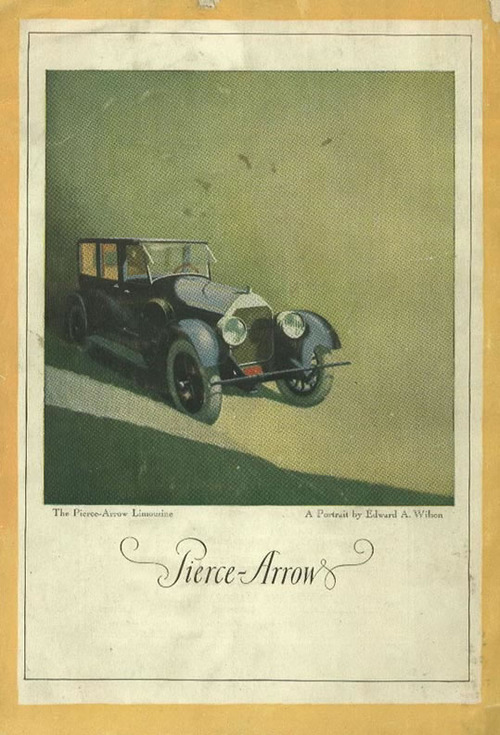
See part one here.
II.
At first I thought Daisy had a crush on Carraway. You could even see a family resemblance. They were slender, dark-haired, and small-boned, fair-skinned and fragile. They flirted and he would easily fall into the inane exaggerated idiom she used with all her crowd. Simple opinions were stated “absolutely,” ordinary things were “gorgeous,” news about friends would be “simply amazing,” a noisy party was “crazy,” she was always “awfully glad” to see anyone. Daisy possessed such a lovely, musical voice that she grew up knowing she could utter the silliest morsels and ravenous men would eat them up. Carraway doted on her and never failed to laugh at her aimless jokes, but he could also adopt a serious, sympathetic expression when she began one of her preposterous heart-to-hearts, usually about something that was making her miserable. I always thought the old saying was wrong: company loves misery is what it should be. And it was clear Daisy loved Carraway’s company.
Am I being hard on Daisy? I don’t intend to be. We had our difficulties–that awful summer, then seven years later I lost nearly everything in the Crash, and then when Pammy was killed tragically while serving as a Red Cross volunteer during the North African campaign–but for sixty-two years we shared what was practically a secret society, a separate world inhabited by just the two of us. Having said this, I still find it odd that Americans tend to judge the quality of a marriage by its longevity, as though staying married for thirty years, despite daily overt rancor or suppressed misery, is in itself far superior to being pleasurably together for only five years. As an investment expert, I found clients often preferred positions they had stubbornly held on to for a decade more valuable than an unquestionably rising equity. “Marry your girlfriends,” I would tell these men, “but for God’s sake don’t marry your investments.”
Daisy died a year ago, a few days after Ronald Reagan defeated the indecisive Jimmy Carter. She died at our West Palm Beach home after a long illness. During much of her final days she was incoherent. Although it was late October she asked several times if we were approaching the longest day of the year. I joked and said, “See, you missed it again.” But by then banter was lost on her. The final day of her life was passed in total silence. There were no last words I can recall, just gibberish. But on the day before, the nurse came out to the patio, where I was with a golfing pal toasting the Gipper with a gin and tonic, and leaned over to...
You have reached your article limit
Sign up for a digital subscription and continue reading all new issues, plus our entire archives, for just $1.50/month.
Already a subscriber? Sign in




